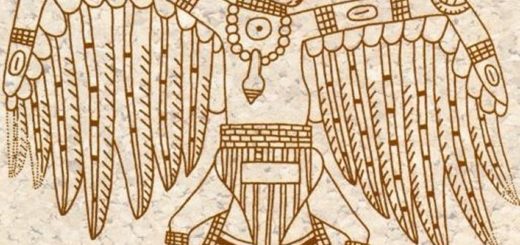Stephen Hawking’s search for aliens gets a boost

Remembering renowned physicist and author Stephen Hawking in his own words.
The late professor Stephen Hawking was certain there was intelligent life lurking in the universe.
“The idea that we are alone in the universe seems to me completely implausible and arrogant,” he once said. “Considering the number of planets and stars that we know exist, it’s extremely unlikely that we are the only form of evolved life.”
So before he passed away on March 14 this year, he threw his support behind a project backed by Russian billionaire Yuri Milner and Facebook CEO Mark Zuckerberg to find that elusive alien civilization.
Known as the Breakthrough Listen initiative, the project has begun a new push to survey millions of stars in the Milky Way for signals picked up by extraterrestrial technology — and a recent upgrade to a famous Australian telescope is boosting the chances of finding them.
A hardware upgrade which saw the CSIRO telescope known as “The Dish” equipped with a new high-powered receiver last year means researchers can eavesdrop on our galactic neighbors on an unprecedented scale.
According to CNET, the project has been using the Parkes telescope in NSW for the past year-and-a-half but had been limited to targeting just a small sample of stars within a relatively short distance from Earth. However, the new receiver allows scientists to peer deep into the galactic plane, which is where the majority of the Milky Way’s mass lies.
The Breakthrough Initiative has signed up for 1,500 hours of observation time with the Parkes telescope in 2018 and the recent tech upgrade will see scientists able to process about 130 gigabits per second of observational data from deep space.
All in all, that could equate to roughly five million HD movies worth of data.
“With these new capabilities … we are scanning our galaxy in unprecedented detail,” project scientist Danny Price from UC Berkeley said in a statement.
“By trawling through these huge datasets for signatures of technological civilizations, we hope to uncover evidence that our planet, among the hundreds of billions in our galaxy, is not the only where intelligent life has arisen.”
According to the team of scientists behind the $133 million Breakthrough Listen project, “it is by far the most comprehensive, intensive and sensitive search ever undertaken for artificial radio and optical signals”.
It will encompass a “complete survey of the 1 million nearest stars, the plane and center of our galaxy, and the 100 nearest galaxies.”
Once the data is collected it will be archived, open-sourced, analyzed and researchers will be able to comb through it to look for anomalies and clues that may point to signs of intelligent life.
However, Prof. Hawking wasn’t that optimistic about the fate of humanity should an alien species find us and decide to visit.
“If aliens ever visit us, I think the outcome would be much as when Christopher Columbus first landed in America, which didn’t turn out very well for the Native Americans,” he said.
All the more reason to find them first.
This story originally appeared in news.com.au.



 Creators of mankind
Creators of mankind Description of “Tall white aliens”
Description of “Tall white aliens” Where they came from?
Where they came from? About hostile civilizations
About hostile civilizations The war for the Earth
The war for the Earth “Tall white aliens” about eternal life
“Tall white aliens” about eternal life Video: “Nordic aliens”
Video: “Nordic aliens” Aliens
Aliens Alien encounters
Alien encounters The aliens base
The aliens base UFO
UFO Technology UFO
Technology UFO Underground civilization
Underground civilization Ancient alien artifacts
Ancient alien artifacts Military and UFO
Military and UFO Mysteries and hypotheses
Mysteries and hypotheses Scientific facts
Scientific facts


















